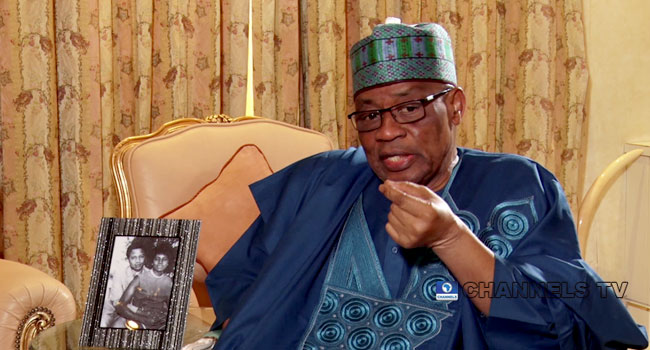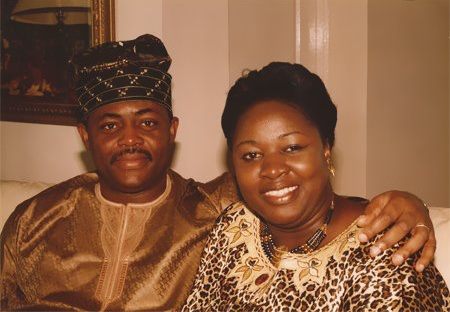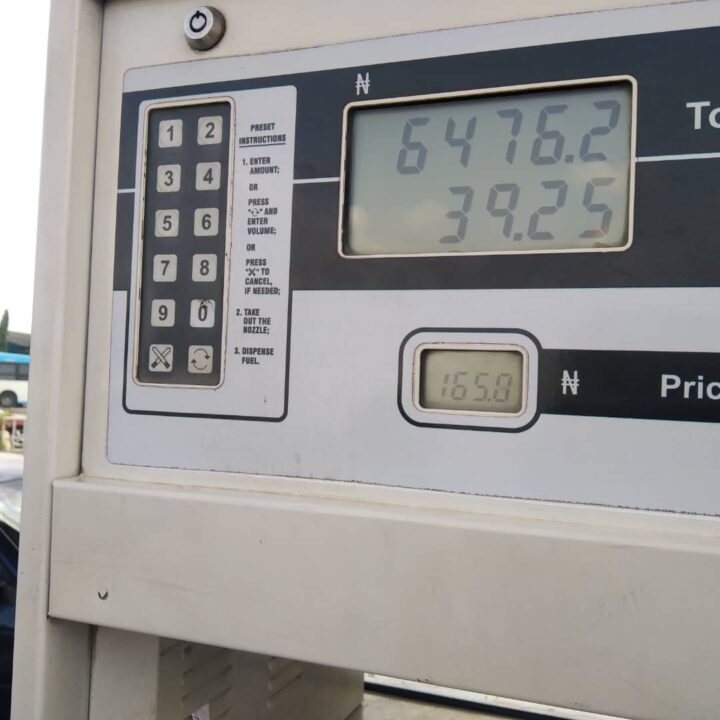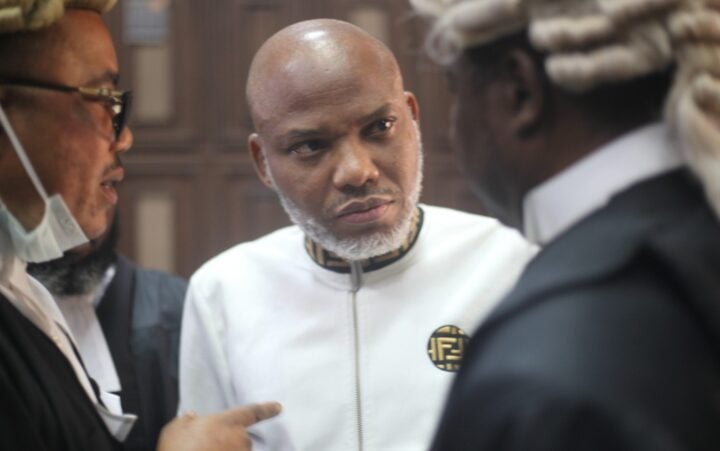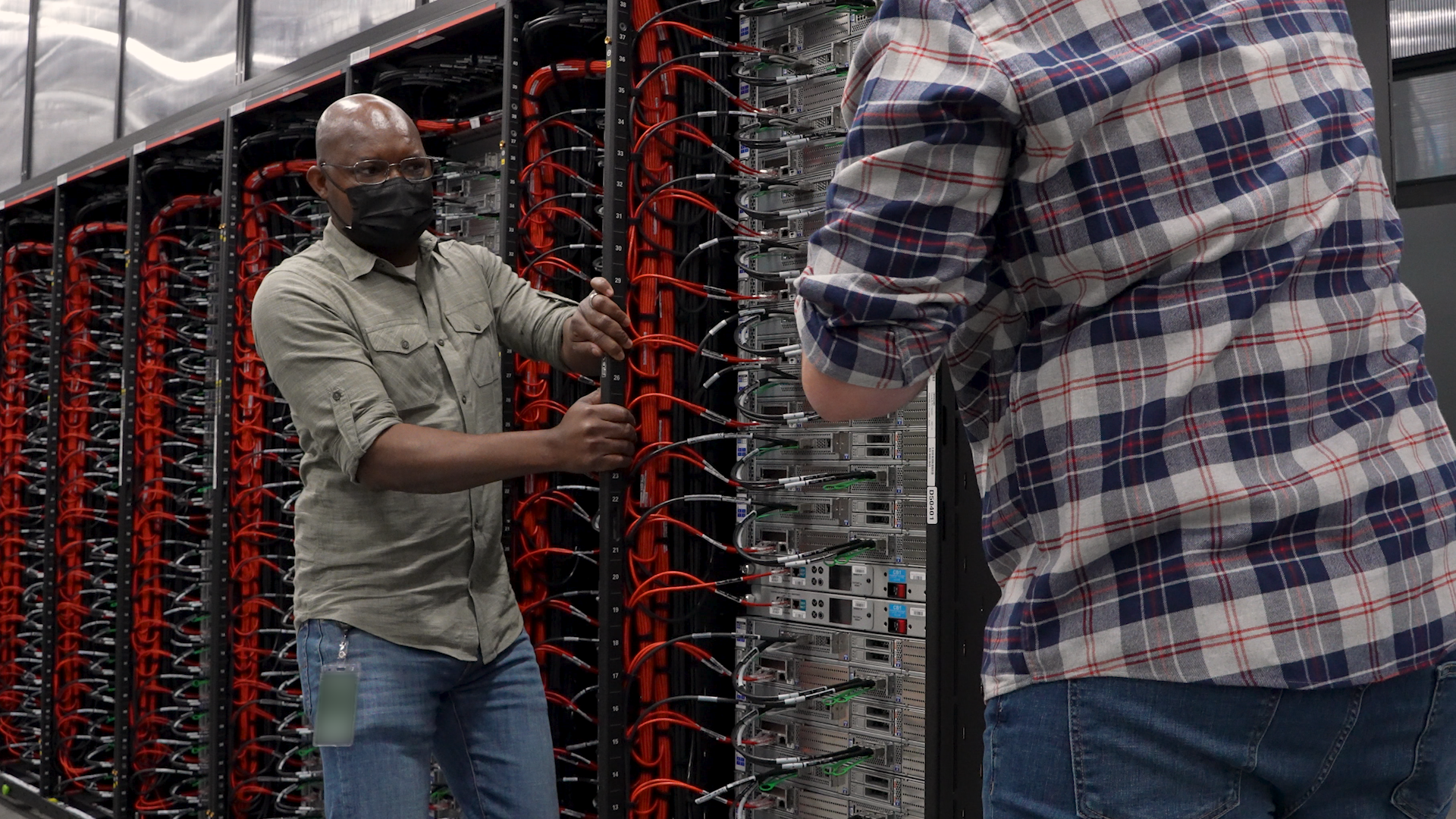In 2011, President Muhammadu Buhari told us that he did not understand what petrol subsidy was, and we did not take him seriously. Today, we are living to reap the depth of Buhari’s understanding of the problem. Or how do you explain what Ahmad Lawan, the senate president said on Tuesday evening after a meeting with the president?
Recap: On Tuesday, after a meeting with the president at the Villa, Lawan said President Buhari did not approve the removal of fuel subsidy. “I’m happy to inform Nigerians that Mr. President never told anyone that the petroleum subsidy should be removed,” Lawan told statehouse correspondents.
In front of the whole world in November, Zainab Ahmed, minister of finance, said Nigeria would be removing subsidies on premium motor spirit (PMS). The minister went on to say “the subsidies regime in the [oil] sector remains unsustainable and economically disingenuous”.
She said the government was going to give N5,000 a month to the most vulnerable Nigerians as transport subsidy. This revelation was made at the World Bank Nigeria Development Update (NDU), and the minister would likely not have made that policy statement in public if she was flying solo.
Advertisement
Two days later at Aso Rock, she went on to explain in detail how this would work and said this was being led by a committee chaired by Vice-President Osinbajo, with the state governors and ministers as part of that committee. This committee would also involve Godwin Emefiele, the governor of the Central Bank of Nigeria (CBN), whose eNaira platform will be used for direct cash transfer to citizens. Clearly, the whole system of government is behind this move, you would say.
As a result of this policy announcement, the Nigerian Labour Congress announced it was going to stage a big protest against fuel subsidy removal. The opposition Peoples Democratic Party (PDP) also used this as an opportunity to vent on the “failure of the Buhari administration”.
We have stayed on this subsidy removal mountain for too long, and you would think for once, the president, his team and the national assembly would agree to see this to a logical end. But as you know the campaign season is upon us, and such policy change may have electoral consequences, hence the sudden change in direction. But here is what baffles me:
Advertisement
IGNORANCE IN HIGH PLACES
The national assembly led by Ahmad Lawan deliberated on the Petroleum Industry Bill for years — definitely one of bill that is older than the current senate. After much deliberation and review, the senate passed the bill. After a few back and forth between the national assembly and the executive, the president signed the bill into law.
Few months after you passed a bill that recommends the deregulation of the petroleum sector, which would also include subsidy removal, the same you and the president that signed the bill into law are now saying you never gave approval for subsidy removal. You gave that approval as soon as you passed that bill. The president gave that approval as soon as he signed that bill into law.
“The Minister shall within six months from the commencement of this Act, cause to be incorporated under the Companies and Allied Matters Act, a limited liability company, which shall be called Nigerian National Petroleum Company Limited,” the Petroleum Industry Act reads.
This tells us the time frame for implementation, which is already in motion. NNPC is now NNPC Limited, with the approval of the president, who doubles as the minister in the clause above.
Advertisement
PIA goes on to say “NNPC Limited and any of its subsidiaries shall conduct their affairs on a commercial basis in a profitable and efficient manner without recourse to government funds”. This immediately means government funds will not be used in paying for subsidy and NNPC Limited is not expected to run at a loss the way old NNPC did.
It is then baffling to hear the president say he did not approve subsidy removal. It is even more appalling to hear those words come from the senate president who should know the implication of a bill himself and his colleagues passed.
SUBSIDY AS NATIONAL SECURITY
I know the Petroleum Industry Act (PIA) also adds that “the government on behalf of the federation may request” NNPC Limited services as “supplier of last resort for security reasons and all associated costs shall be for the account of the Federation”. In English, this means that NNPC Limited may be allowed to play the role of the old NNPC if national security is at stake.
If you’re Nigerian enough, you must know how we classify everything government wants to do without scrutiny under national security? That is what I suspect is happening here. Lawyers can interpret this in 1,000 ways, but what we can conclude is that the president, who is the minister of petroleum and the head of the federal government, can basically undo the “limitedness and profitability” of the NNPC Limited to get them to do what they did in the past. This is not good for the progress of the industry and the country.
Advertisement
As it is today, removal of subsidy does not immediately have national security concerns, and should not be halted for electoral reasons. But then, who’s defining national security? The politicians.
For now, we would wait on President Buhari to pick a side; to go with the legislators seeking another term at the national assembly or with his core team of ministers and his vice-president (who by the way needs the votes too). Throwing his team under the bus just shows us what happens when politics trumps economics. Ladies and gentlemen, it’s elections over economics again.
Advertisement
Welcome to Nigeria.
Follow Mayowa on Twitter, and major social media platforms @OluwamayowaTJ.
Advertisement
Add a comment


